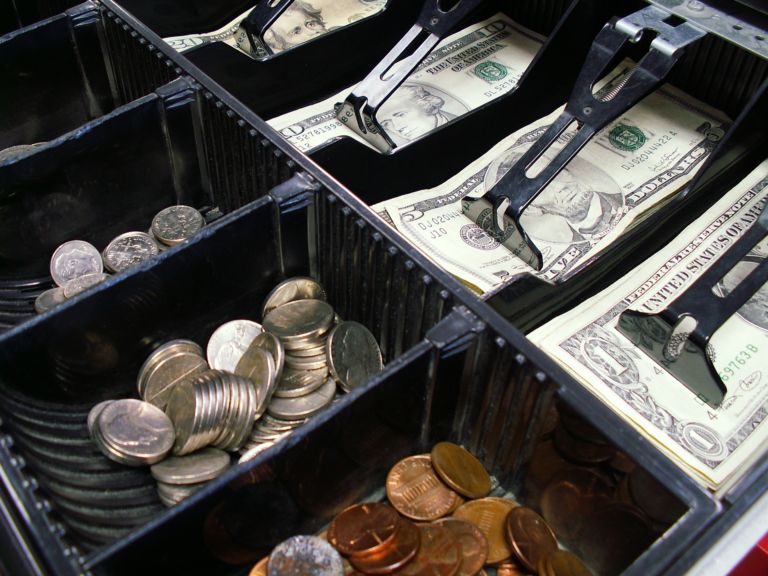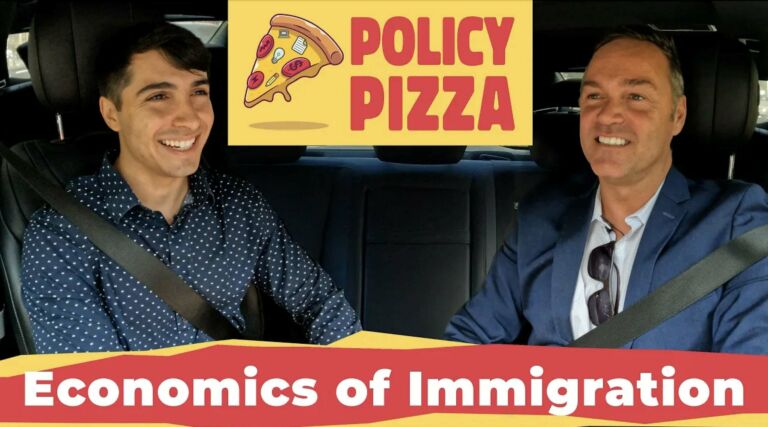Editors at Issues and Insights use the baby formula shortage to teach an economics lesson.
As night follows day, the shortage of baby formula around the country has politicians shouting about the evils of “price gouging” and vowing to stop it. But what if “price gouging” relieves shortages and makes sure parents who need the formula the most can get it?
News accounts tell the story of panicked mothers who’ve had to drive hours in all directions to find formula. In response, President Joe Biden is pressing the Federal Trade Commission to “bring all of the Commission’s tools to bear” to stop sellers from raising formula prices.
Parents would be better off if the Biden administration had instead focused on boosting supply. …
… Then there’s the fact that even as Americans were struggling to find formula, the administration was shipping pallets of the stuff down south for the illegal border crossers Biden has been inviting into the country.
It is incompetence piled on top of incompetence. And parents are now paying the price.
Nevertheless, the question is how to deal with shortages like this when they emerge. And attacking “price gouging” won’t help anyone. In fact, it will only make the situation worse. …
… In the case of infant formula, raising prices in one area would be an immediate signal of stronger demand there, and would encourage those who have extra formula in other parts of the country to move it to areas with shortages, charging “price gouging” higher prices to cover their own extra costs.
Bans on gouging, in contrast, have the same effect as price controls: they exacerbate shortages and lead to rationing, corruption, and black markets. The economic literature is full to the brim of studies on this effect. And anyone who waited in long lines during the 1970s to buy gasoline knows first-hand what price controls produce.


